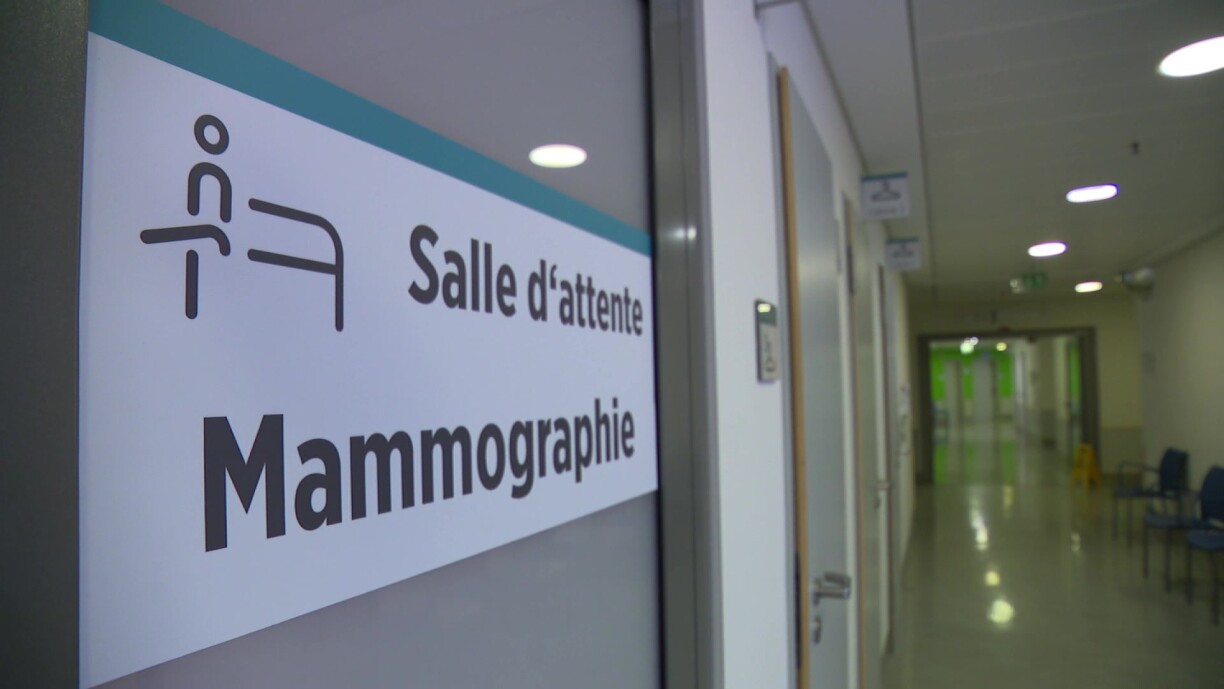
According to medical authorities, there are various reasons behind long waiting times in Luxembourg’s hospitals, particularly when it comes to tests that require the use of medical equipment like MRIs or scanners. However, officials also underline that that emergencies are always given priority.
Patients on average undergo equipment-based examinations at intervals of 15–20 minutes. Despite ongoing efforts to keep up with demand, waiting times remain significant.
In conversation with RTL, Dr Martine Goergen, general director of the Centre Hospitalier de Luxembourg (CHL), acknowledged that there are still flaws in the system as routine mammographies have shorter waiting lists – 20 days on average – as those ordered by gynaecologists upon a suspicion, which usually take around 30 days.
Hospitals nationwide are striving to expand their capacities, with appointments now available later in the evening and on weeekends. Nonetheless, there is room for improvement, particularly in reducing waiting times for other procedures like colonoscopies and sigmoidoscopies.
Dr Alain Schmit, gastroenterologist and president of the Association of Doctors and Dentists (AMMD), comments: “Just recently, the Ministry proposed starting screening at age 45, for instance, through stool tests. That is in itself a good thing, but the problem arises when such tests come back positive, as the patients then need an appointment for follow-up procedures.”
Dr Marc Berna, general director of the Hôpitaux Robert Schuman, speaks out as well: “The situation is driven by medical developments on the one hand, but on the other hand, by the demographic explosion in the country as well. A detailed analysis then reveals that meeting demand requires additional resources such as skilled personnel in the sector, equipment, and infrastructure.”
Despite these challenges, Dr Berna assures that significant efforts are underway to fully meet the population’s healthcare needs. Overall, he views the Luxembourgish healthcare system as efficient.
Dr Schmit meanwhile laments the staffing constraints in hospitals, advocating for less centralised planning and more flexibility, thus allowing doctors to offer private consultations. This stands in contrast to the beliefs of Dr Goeregen, who warns that hospitals already struggle to compete with the private sector.